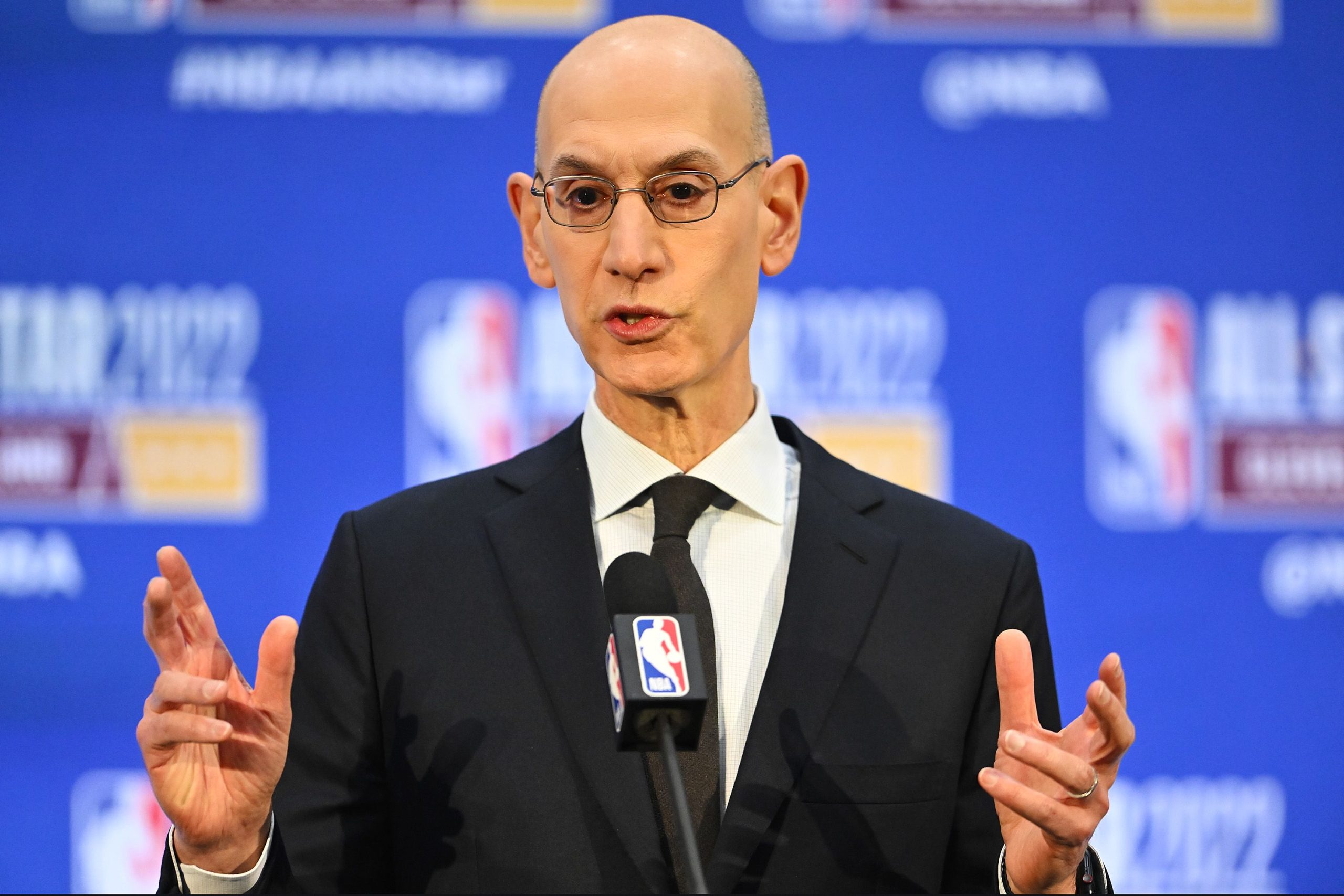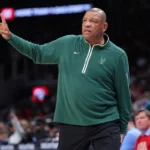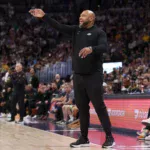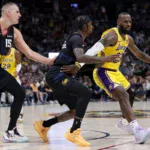Financial decisions are critical for team success in the NBA’s extremely competitive world. The luxury tax has become an important part of team management as the league’s financial structure evolves.
The NBA luxury tax has turned out to be one such financial instrument to curb excessive spending by franchises in the league. The Golden State Warriors and the Los Angeles Clippers are among the teams contributing to the shocking $516 million NBA luxury tax pool.
What is the NBA luxury tax?
The NBA’s financial complexities, notably the luxury tax, play a critical role in team management, particularly during free agency. While most North American sports leagues have strict salary caps, the NBA has a soft salary cap, which gives teams more flexibility but creates complications.
Only a few teams are projected to be under the luxury tax during the 2023-24 season, emphasizing the importance of the luxury tax in the NBA.
The luxury tax is a financial system designed to encourage teams to stay inside a certain spending limit while penalising those who go above it. The more the team’s spending above the luxury tax line, the higher the fees. The penalties are even harsher for “repeat offenders,” teams who repeatedly exceed the luxury tax.
The addition of the “second apron” in the 2023-24 season adds a further barrier to the luxury tax system, inflicting even harsher penalties on teams that exceed the luxury tax level. Any substantial transactions or signings can change a team’s financial situation, making the luxury tax an important factor in NBA free agency selections.
Warriors and Clippers at the helm of luxury tax redistribution
The Golden State Warriors and Los Angeles Clippers are at the forefront of the NBA’s luxury tax situation. The Warriors, long-time contributors to the luxury tax pool, are slated to dramatically lower their wage bill next season when contracts such as Klay Thompson’s and Chris Paul’s expire, with prospective extensions projected to be more cost-effective.
The Clippers, who are in their first season as repeat offenders, have paid the luxury tax for 4 straight seasons. They’ve spent a great deal of money on contract extensions and trades, but the probable departure of key players like Kawhi Leonard and Paul George might help them out financially.
In this environment, the redistribution of the luxury tax becomes critical, with the 22 non-taxpaying teams potentially sharing $11.8 million from the distribution pool, depending on the financial status of other teams.
The Lakers, Mavericks, Grizzlies, and Timberwolves are also anticipated to pay the tax if their rosters remain intact next season, with the Lakers and Mavericks having done so the previous season.







